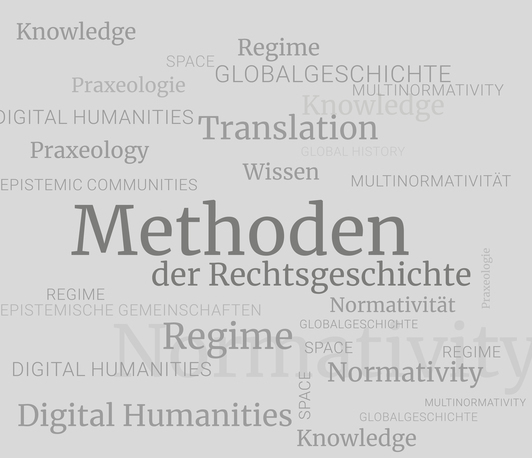Language and Knowledge as Intertwined Building Blocks when Doing Comparative Law
Seminar Methoden der Rechtsgeschichte
- Date: Sep 9, 2024
- Time: 02:00 PM - 04:00 PM (Local Time Germany)
- Speaker: Jan Engberg (Aarhus University)
- Location: Turmcarrée
- Host: Thomas Duve
- Contact: sekduve@lhlt.mpg.de

When you do comparative law, this basically may be understood as investigating the personal legal knowledge a comparative lawyer has gathered about two or more legal systems, be they national or supranational. Hence, before a comparative investigation may be carried out, the comparative lawyer has gone through knowledge construction processes, departing from mostly written textual representations. In such processes, language plays a crucial role, as the knowledge is necessarily expressed linguistically.
This situation has two consequences with relevance for the work I will be presenting:
· First, comparative lawyers can only construct the knowledge, if they understand the text, from which it is constructed. They must either know the language of the original texts, or they must rely upon translations.
· Secondly, the linguistic meaning of any text relies not only on the formulations in the text, but also (and actually decisively) on the pre-existing knowledge base of the reader. So, to understand for instance a foreign-language statute the way lawyers from that jurisdiction do (and thus to construct relevant personal knowledge), a comparative lawyer must have or consciously build a knowledge base in accordance with that of lawyers from the relevant jurisdiction – or rely upon translators that possess such a knowledge base.
In my talk, I will elaborate on the linguistic and knowledge-oriented background for the described situation. Furthermore, and primarily, I will discuss the conceptual consequences for comparative law and especially for the cooperation with legal translators – and the necessary requirements on the competence and practice of the legal translators.
To participate, please sign up here by August 31, 2024. Participants are asked to read an article by Jan Engberg which can be accessed upon registration.